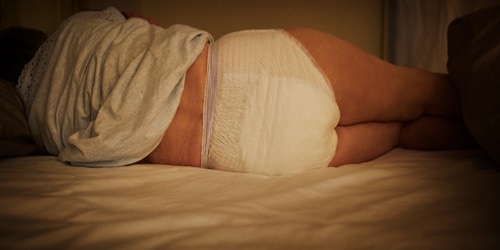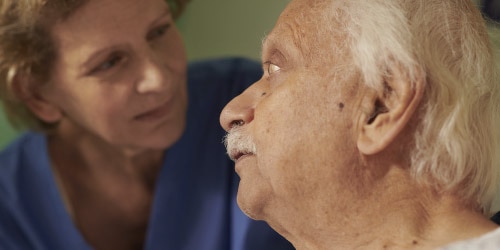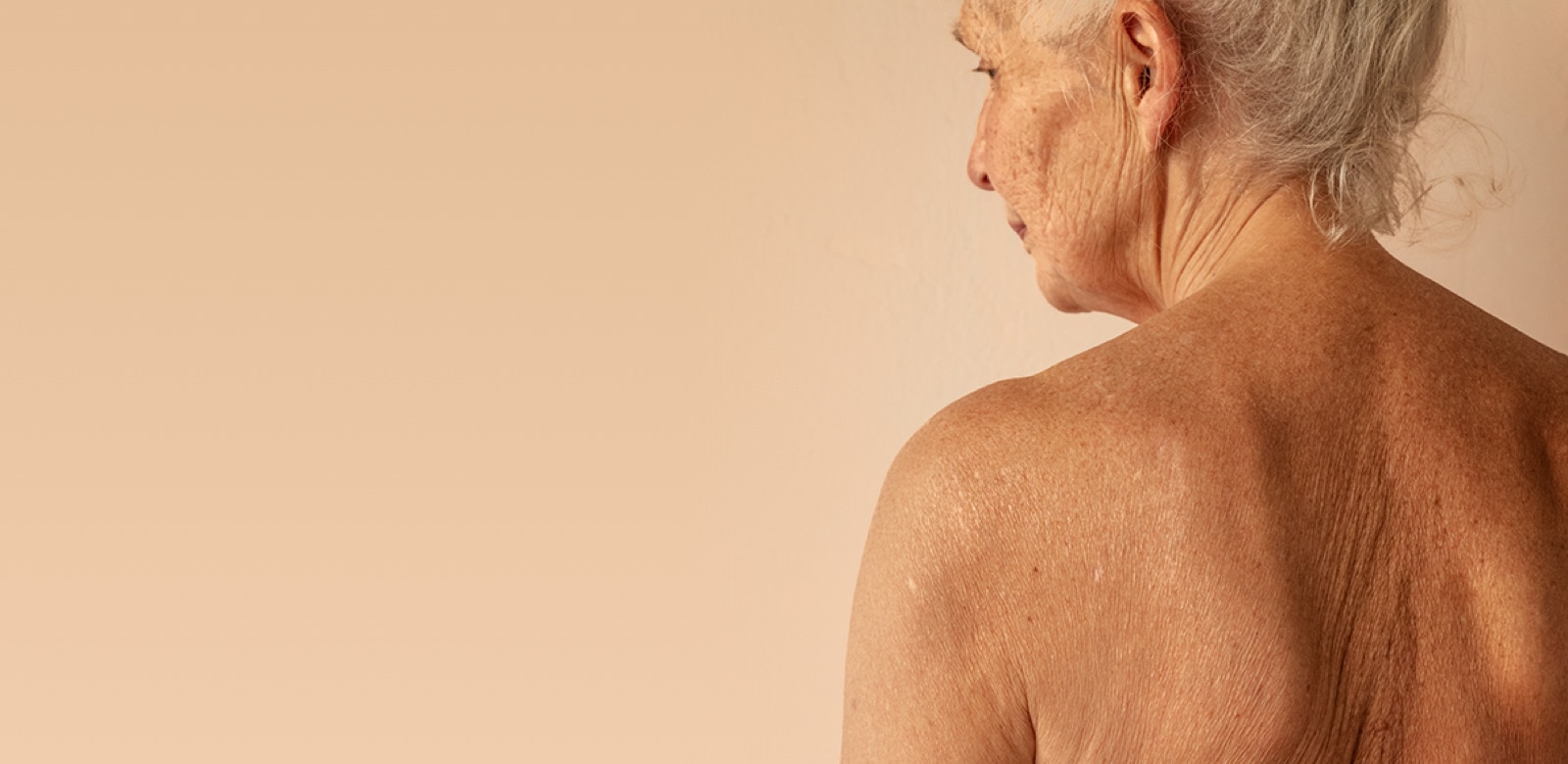For older residents in need of special care, broken sleep patterns can lead to mood swings, impaired judgment and memory, increased sensitivity to pain, heightened risk of infection, greater risk of falling, and difficulty coping with daily activities and rehabilitation programmes.
Our bodies change as we get older and sleep becomes shallower, with a risk of frequent awakenings. Kidney function also declines and the bladder becomes less elastic, which results in needing to empty more frequently at night.
Old age also increases the risks involved with nighttime trips to the bathroom. Research1 of over 400 falls that occurred among hospitalised patients over the age of 60, showed that more than 1/3 of all falls were related to toileting and almost half of these occurred at night.
There are medical conditions and side effects of medicines that can cause and increase night time urination, such as heart and kidney disorders, diabetes, urge urinary incontinence and diuretic medicines. If you think you might have an underlying health condition, or that your medicine is causing night time urination, contact your doctor. Sometimes, a simple change in when you take your medicine can help reduce the side effects.
Insomnia can also lead to more frequent nightly urination, as more urine is produced during waking hours. There are many chronic medical conditions that can cause insomnia, such as restless legs, sleep apnea, Alzhiemher’s and Parkinson’s.
Many chronic illnesses also cause discomfort or pain, so treating any underlying medical disorders and delivering proper pain management will benefit sleep and reduce urine production at night.























